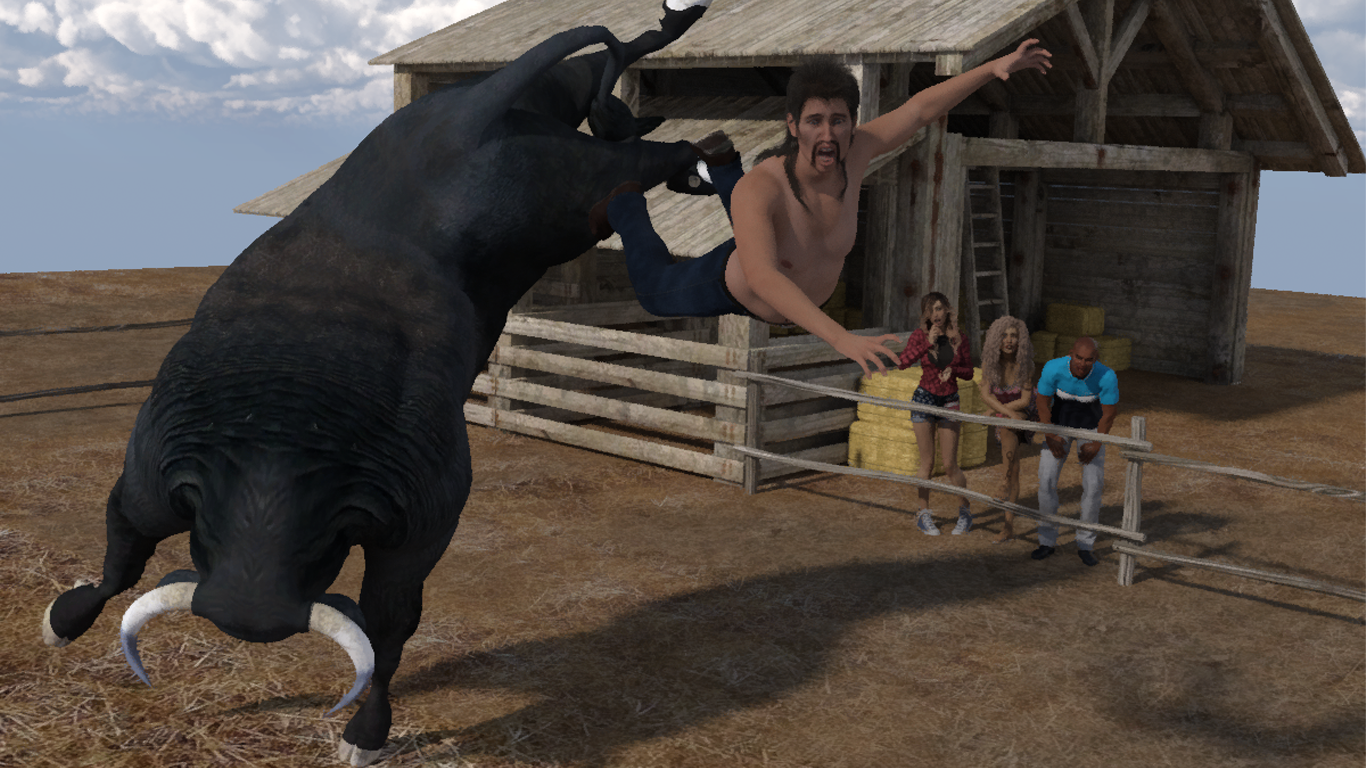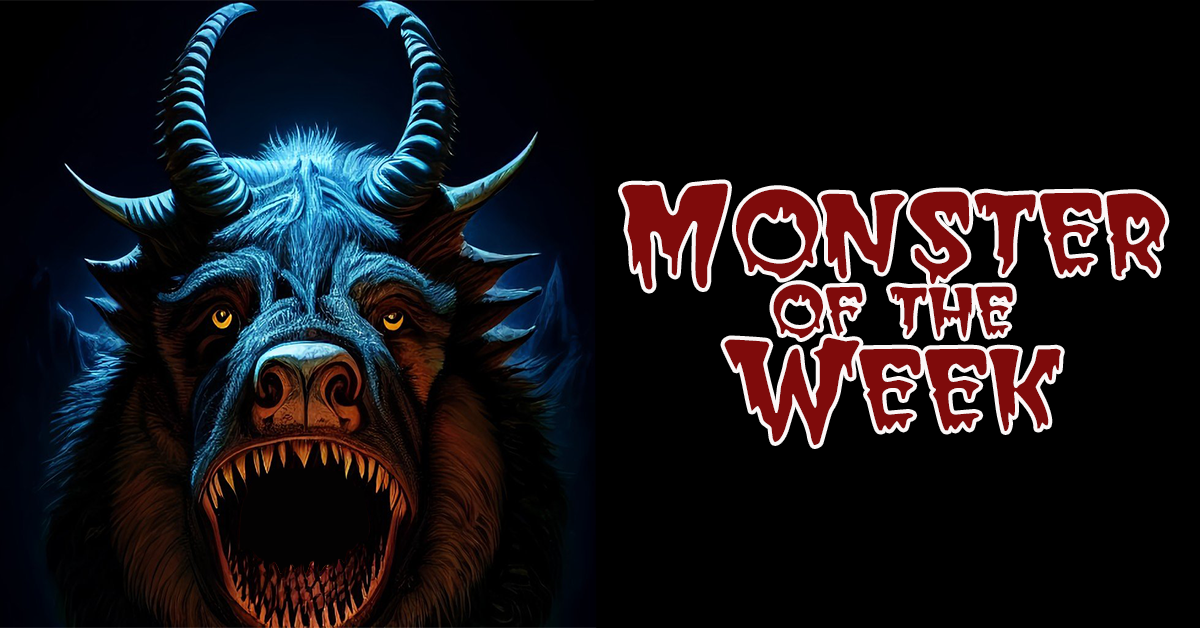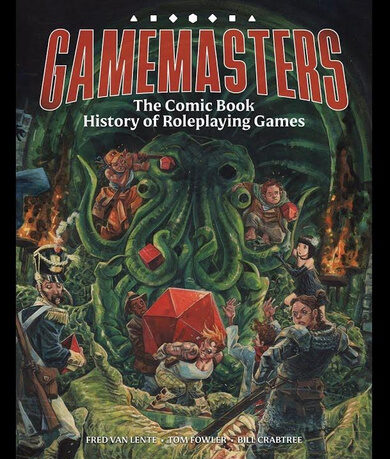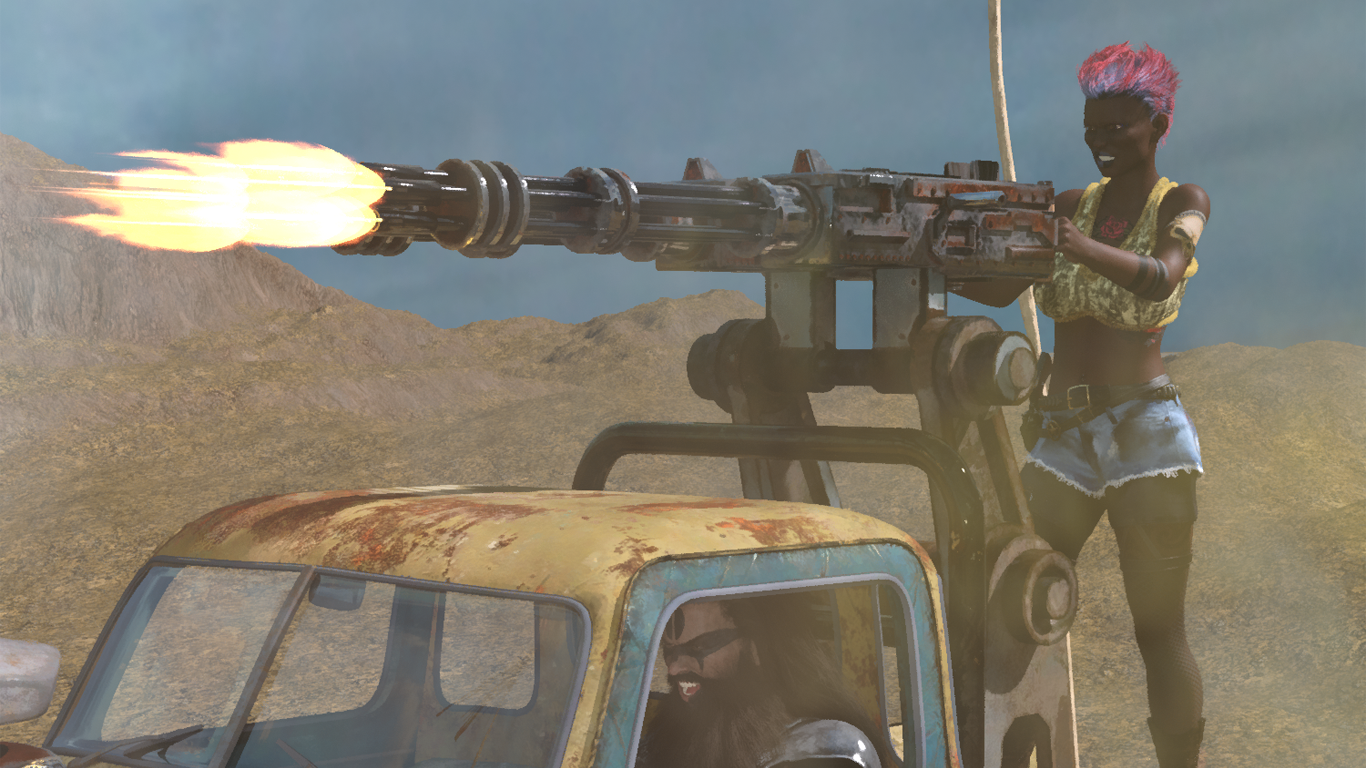We may earn money or products from the companies mentioned in this post.
Role-playing is like Vegas: What happens at the game table should stay at the game table. That’s not because gaming stories are scandalous, it’s because it’s very rare for gaming stories to be the slightest bit interesting to anyone outside of the group of people who played the game. A lot of of them boil down to “I killed [thing] by doing [usually something purely based on rules lawyering] and got [treasure].” Of course, they’re rarely that succinct. Some gaming stories are interesting, but they require context, and gamers are notoriously bad at sorting important from unimportant and presenting it in an entertaining way. Some of you might object to this assertion, but that’s because gamers are also notoriously bad at reading subtle clues that the listener is hoping for a bear attack. Bear attacks offer two possible escapes for the hapless war story victim: either the attack will temporarily disrupt the story and he can “lose” the storyteller in the confusion or the bear will eat one of them. After a certain point, the listener doesn’t really care who gets eaten in this scenario.
That said, here are ten interesting things that have happened in games that I’ve played in or GMed.
- A group of heroes from different realities (which included a hobomancer, a laser pony, an occult detective, and Johnny Cash, Demon Hunter, just to name a few) rode The Platonic Ideal of a Train across dimensions to keep the multiverse from being destroyed. The engineers were Jesus and William Faulkner. That was just the opening premise, and the game lasted an entire weekend.
- Gilligan and The Skipper had a Frank-Miller-esque fight that included the line “Bring it on, fat man!” During the same game, The Professor built a mecha suit out of bamboo and coconuts and Mary Ann (secretly Dorothy) finally made it back to Oz.
- A group of fantasy PCs were attacked by a living mountain. Later in the game, they picked through a dragon’s hoard while their minions actually fought the dragon (completely off-screen).
- One year at Origins, I ran “The Legion of Stoner Heroes.” The premise was that Cheech & Chong, Bill & Ted, Harold & Kumar, Jay & Silent Bob, Jeff Spicoli, and others had to rescue The Dude, who had been hauled away to Gitmo. I tried to introduce the plot for the a half hour or so, then realized that the players didn’t want or need a plot, so I gave up on trying to GM and just watched.
- A captured minion wrote a book describing the bad guys’ master plan by slowly peeling his own skin off to write on and using his blood as ink (and I think one of his bones as a pen). It was horrifying, especially since the PCs were responsible; they’re the ones who used a demon-powered magic ring to command him to reveal what he knew.
- The League of Kick-Ass Dudes: Bo Duke (possessed by Sam Beckett and driving the General Lee with K.I.T.T.’s computer system installed), B.J. McKay, B.A. Baracus, Jill Munroe, and Angus MacGuyver teamed up to fight the world’s greatest super-villain: a grown-up Ferris Bueller.
- The Honolulu M-Force office took down a volcano god using ancient forbidden hula magic (and a helicopter).
- A character sold his own mother’s body to a vivisectionist in order to fund his pursuit of forbidden arcane knowledge.
- The Harlem Globetrotters (the “classic” lineup from 80s cartoons), who had collectively taken on a Spectre-like role as agents of vengeance, showed up in one game I ran. I don’t really remember the details, but the dark occult Globetrotters were pretty awesome.
- The Rat Pack assassinated Fidel Castro, because it was their job.
I’ve tried to keep these short and to the point, so they (hopefully) get across the main idea without boring you to tears with irrelevant details. The next time you get ready to tell a war story, use these as examples. Identify the big ideas that makes you think the story’s worth telling (if you can’t, the story probably isn’t worth telling). If someone wants to know more, they’ll ask. In a lot of cases, they’ll ask specific questions, and you can fill them in on the details. When they stop asking questions, or start getting that “I hope a bear shows up” look in their eye, you should stop talking.





